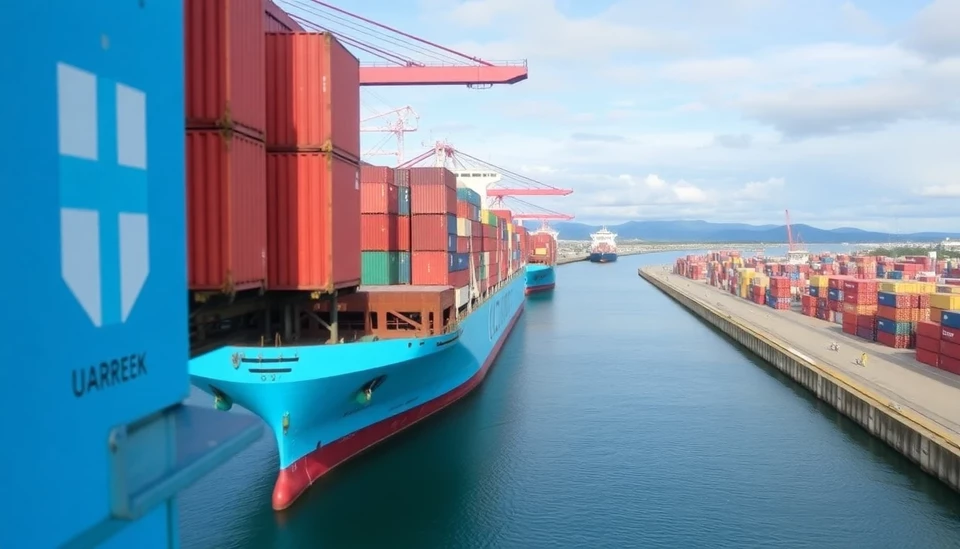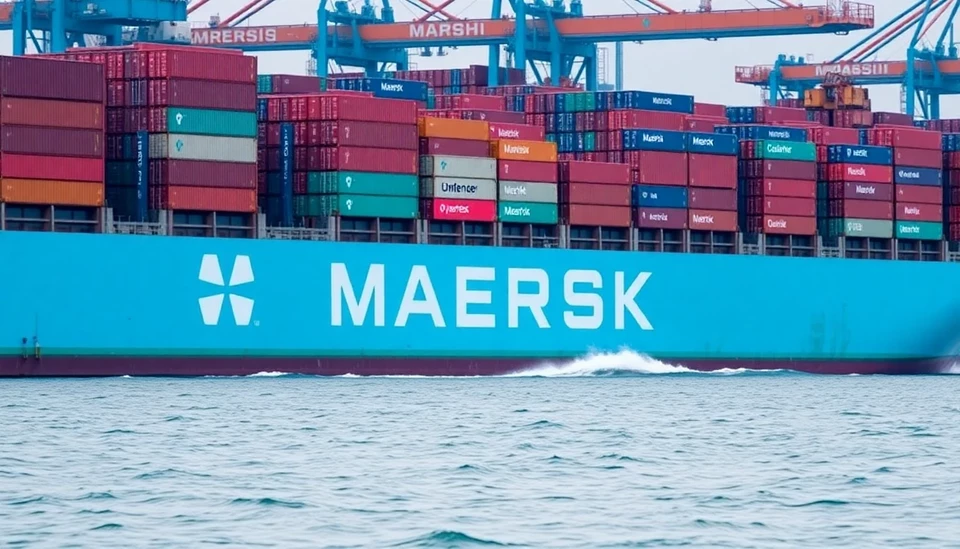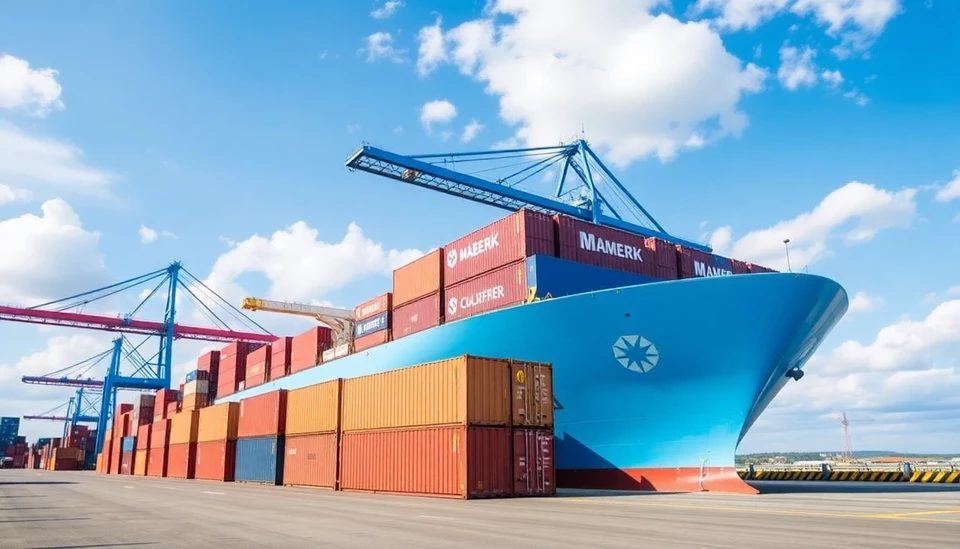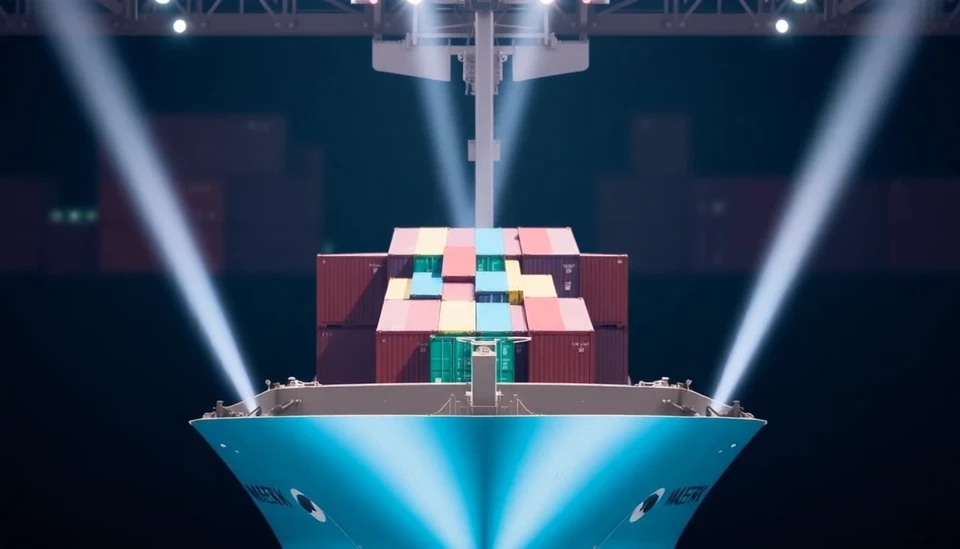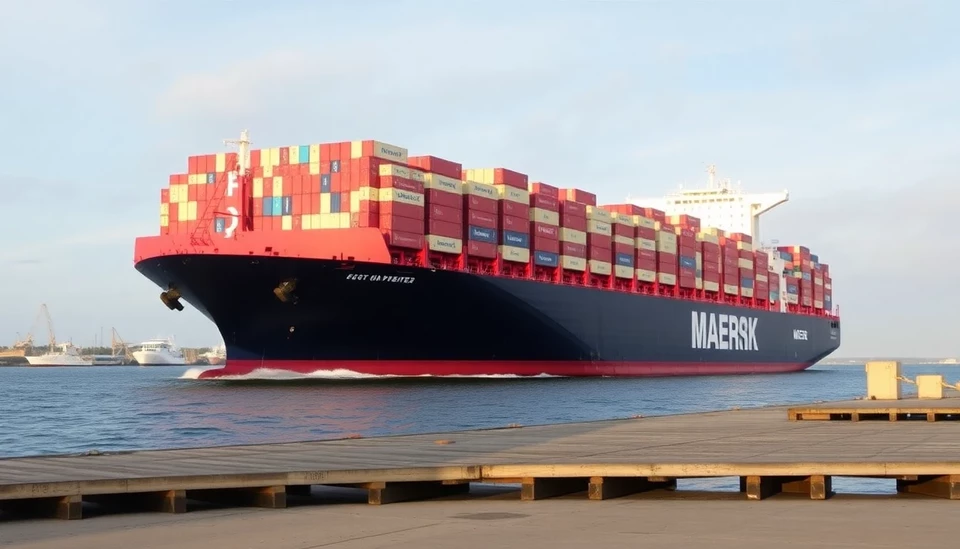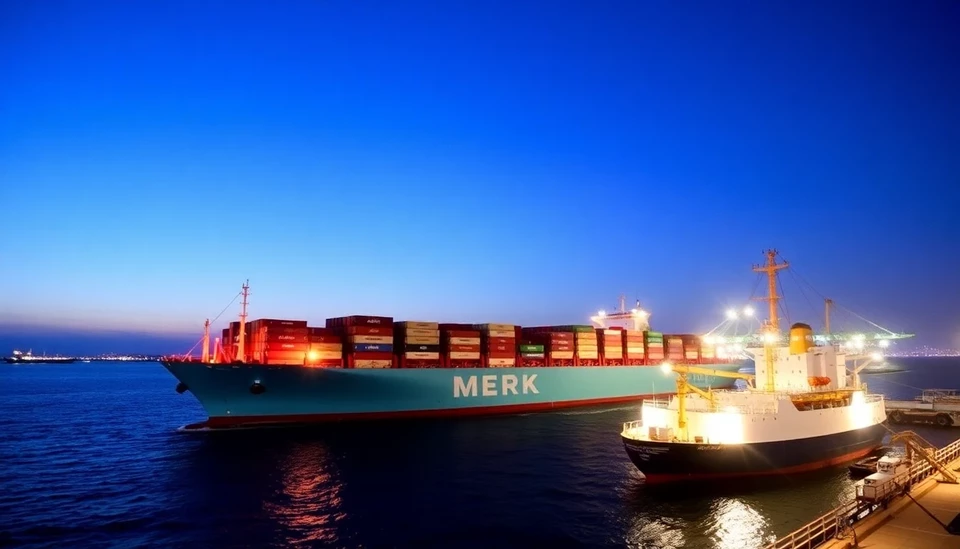
In a cautious tone, shipping titan A.P. Moller-Maersk has indicated that a rapid return to operations in the Red Sea is not likely in the near future. This announcement comes in light of recent geopolitical tensions and security concerns in the region, which have significantly impacted maritime trade routes. Amid rising piracy threats and disruptions, Maersk is assessing the safety and stability of the waters before committing to its previous operational pace.
Following a series of attacks and rising risks in the Red Sea, particularly off the coasts of Somalia and Yemen, Maersk has reportedly taken a step back to evaluate the implications for its fleet. The company emphasized the importance of securing its vessels and crew members while navigating these perilous waters. This strategic hesitation arises from a broader industry perspective, as numerous shipping lines are re-evaluating their operations in the region due to heightened security threats.
Maersk's fleet, one of the largest in the world, has historically traversed the Red Sea, a critical passageway for global trade. The company acknowledged the importance of the Red Sea to international shipping but stressed that safety and security must prevail over the desire to maintain operational momentum. They are engaged in ongoing discussions with maritime authorities and security organizations to gain insights and devise strategies to mitigate risks.
The Red Sea remains pivotal for the transit of goods between Europe and Asia, with its shipping lanes serving as a lifeline for countless industries. As tensions escalate in the surrounding regions, the potential for operational disruptions poses a serious challenge to the smooth flow of trade. In light of this, Maersk is exploring alternative routes and shipping strategies, while constantly monitoring the evolving geopolitical landscape.
This development highlights a significant trend within the shipping industry, where companies are becoming increasingly risk-averse amid volatile environments. The long-standing traditional routes are now under scrutiny as industry players weigh their options and consider the implications of potential security incidents.
In summary, Maersk's cautious approach underscores a broader dilemma facing the shipping industry. As one of the most influential companies in the sector reevaluates its operations in the Red Sea, it raises questions about the future of maritime trade in regions plagued by conflict and insecurity.
As shipping firms continue to grapple with these challenges, it remains to be seen how these shifts will ultimately impact international trade routes and global supply chains.
#Maersk #ShippingIndustry #RedSea #MaritimeTrade #Geopolitics #SupplyChain #SecurityThreats
Author: Samuel Brooks
